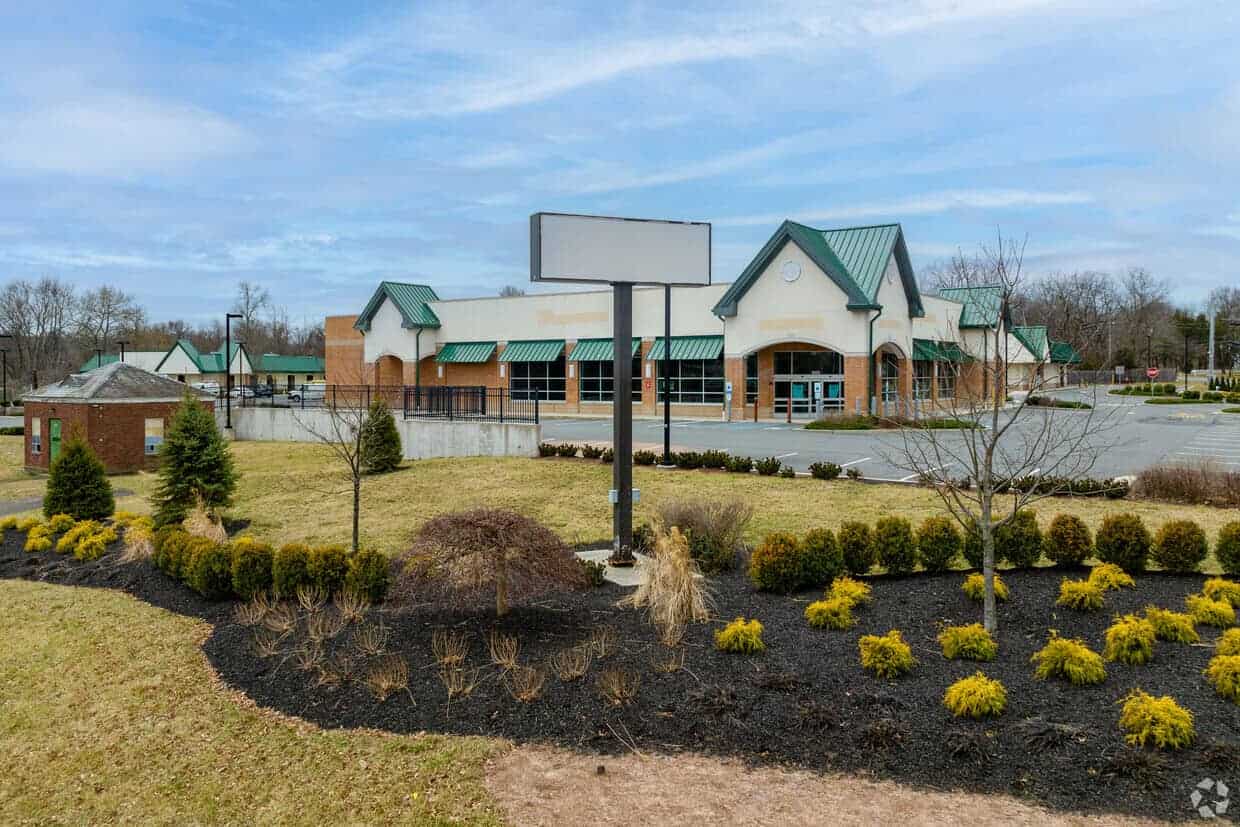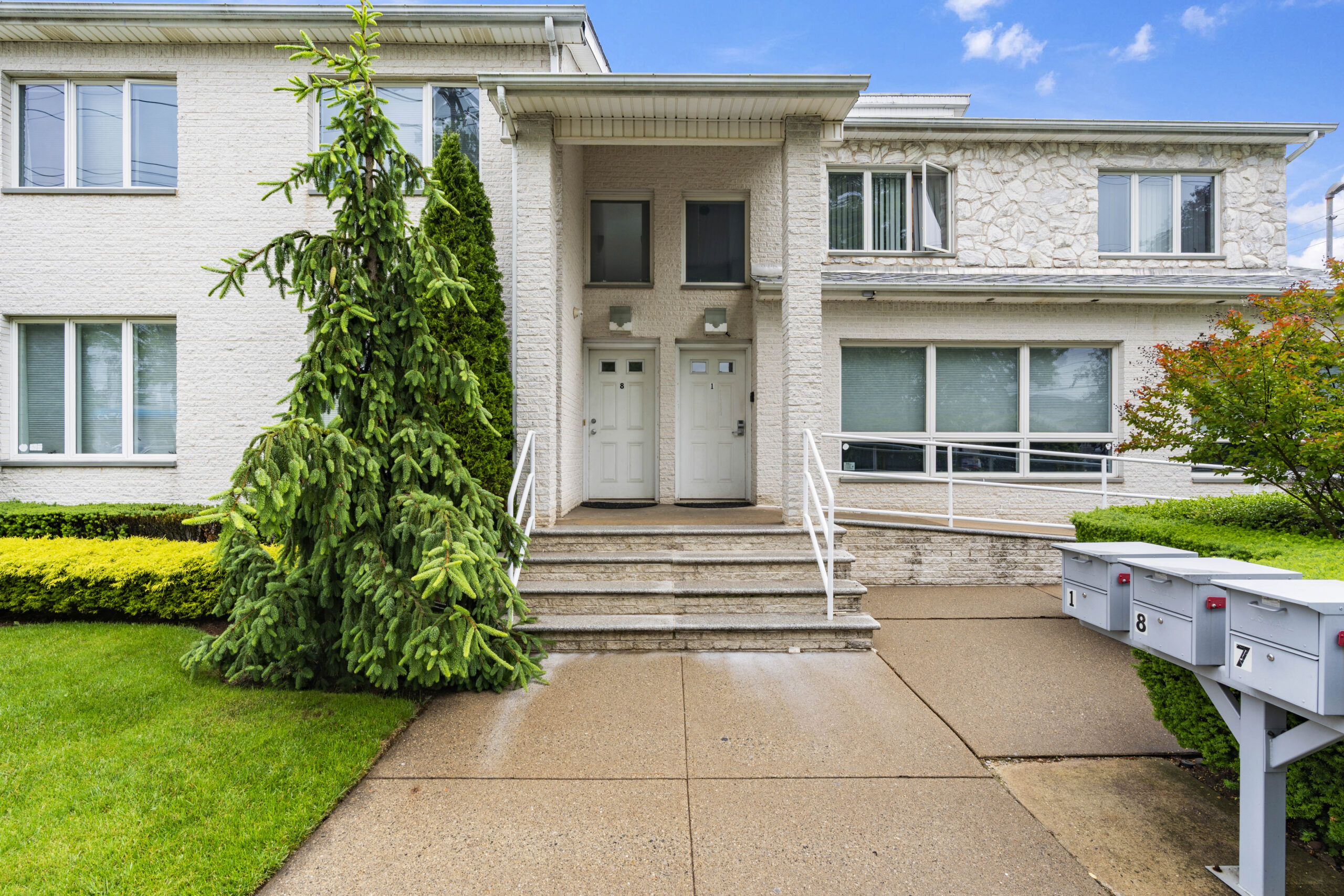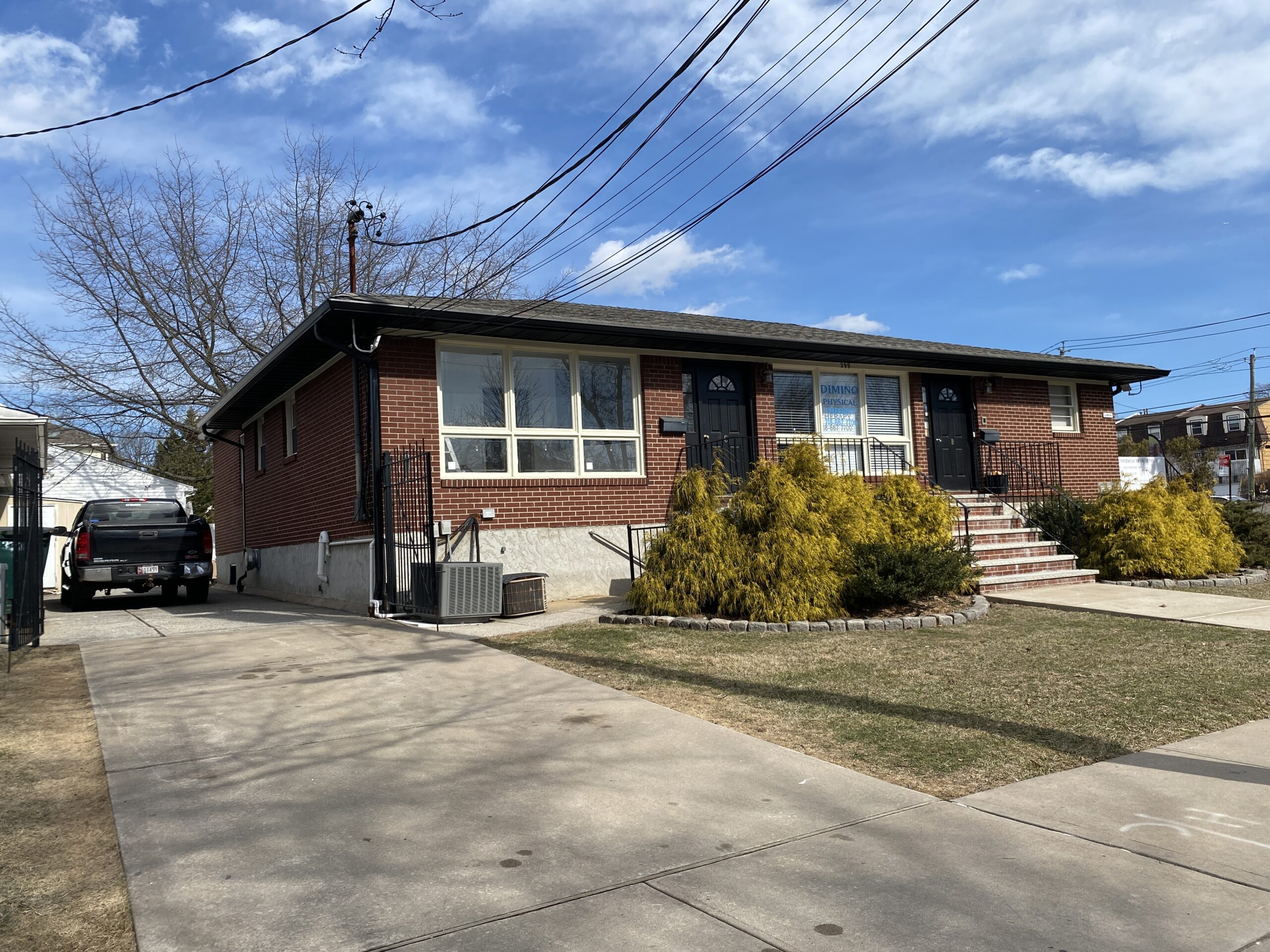Swimming Pools May Help with Addiction Recovery
Those who are going through rehab can benefit from any exercise. Not only is it a distraction, but strength-building works muscles that may have atrophied over years of abuse. Swimming, the fourth most popular sport in the nation, is fun and a great way to work the body to stay or get in shape.
Swimming’s benefits include:
-
It’s easy and inexpensive. You just have to find a lake or public swimming pool, jump in, and swim a few laps.Any swimming gear or other items you may want shouldn’t increase the cost much.
-
Swimming is easier on the body’s joints than many exercises but delivers a good workout. Even those with arthritis can work their knees, hands, and other body parts with minimal resistance. That makes physical therapy easier. Swimming also works the whole body, increasing cardiovascular health, muscle strength, and flexibility.
-
Exercise can trigger an endorphin release that may decrease a person’s risk of relapse. Even swimming for a few minutes a day may stop a person from using again or give them an edge in this process.
The biggest drawback to swimming is finding someplace to swim, especially in the midst of a pandemic. Public pools may be closed. Lakes may be too far away or too crowded for social distancing.
If being able to swim whenever you want will make your recovery easier or more sustainable, a high-quality in-ground pool may be a worthwhile investment.
You could consider an above-ground pool, but they need to be torn down when winter comes. For an in-ground pool, maintenance only requires that it be drained and covered.
The biggest drawback to an in-ground swimming pool is the monetary cost. True, swimming is cheap, but an in-ground pool is not. You must critically examine this before making the investment.
Costs of an In-Ground Residential Pool
Let’s break down what you’re going to pay if you decide to install an in-ground pool.
According to Home Adviser, installing a pool will run you somewhere between $36,906 and $66,566, depending on where you live. The national average is about $51,600. However, installation is just the first step and expense.
For example, basic maintenance will cost you at least $1,200 and possibly $1,800 per year. This upkeep includes but is not limited to cleaning, changing filters, adding chlorine and other chemicals, and winterizing the pool.
You can save some money by doing some of it yourself but most of these steps require experts to handle correctly. You could use cheaper materials, too, but your bill will still be in the five figures, minimum.
If you want to add items like waterfalls or a hot tub, expect to pay anywhere from $1,000 to $8,000 for each additional item, with your annual maintenance bills increasing to $1,800 to $3,200.
These costs may be too high to handle, especially during or immediately after entering recovery. Substance use disorders can be hard on the finances. You may have lost your job or even your home.
If you have been fortunate enough to hang on to both, have a high income and savings/investments, and insurance paid for most of your rehab costs, an in-ground pool may be an option. But, even for these individuals, is an in-ground pool a good investment?
Making a Decision
The critical thing to consider is if the benefits that an in-ground swimming pool provides outweigh the money and headaches it creates. The critical things to consider are:
-
Will you use the pool enough to justify the investment? Those who live in northern climates may only be able to use their pool for a fourth to a third of the year unless they also build a heated building around it. Those without a lot of money or who are on a more limited budget may not have the funds to pay for such an upgrade.
-
How much will a pool add to your home’s value? Studies show that a pool adds, at most, 7% to a home’s value. That’s if the pool can be used often and the area is friendly to pools.
What is Right For You?
For many in rehab for alcohol or illicit drugs, an in-ground pool can be just the focus they need to make their recovery successful. Only you can decide if an in-ground pool makes sense for you, financially or therapeutically.







Leave a Comment